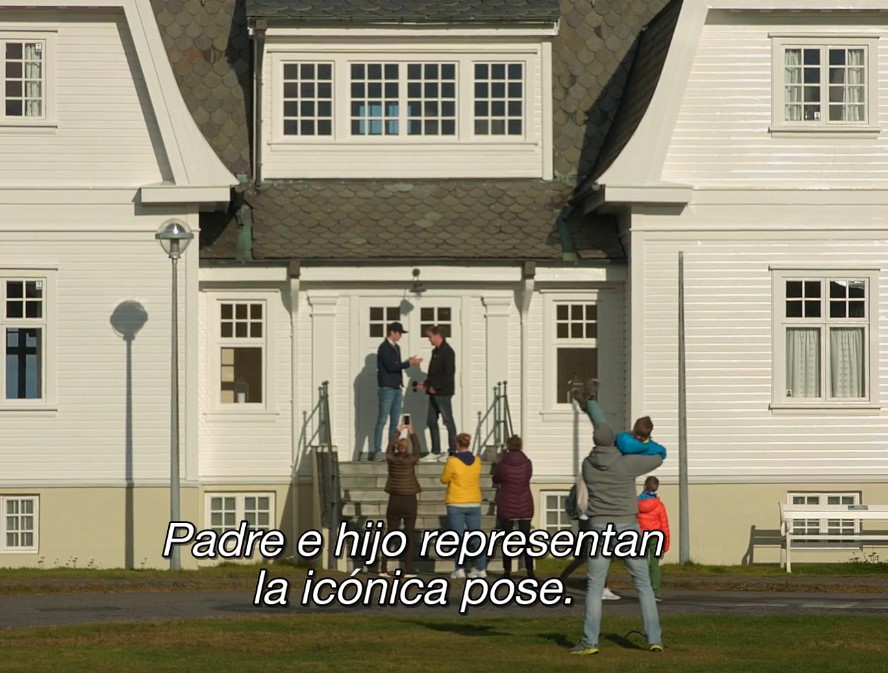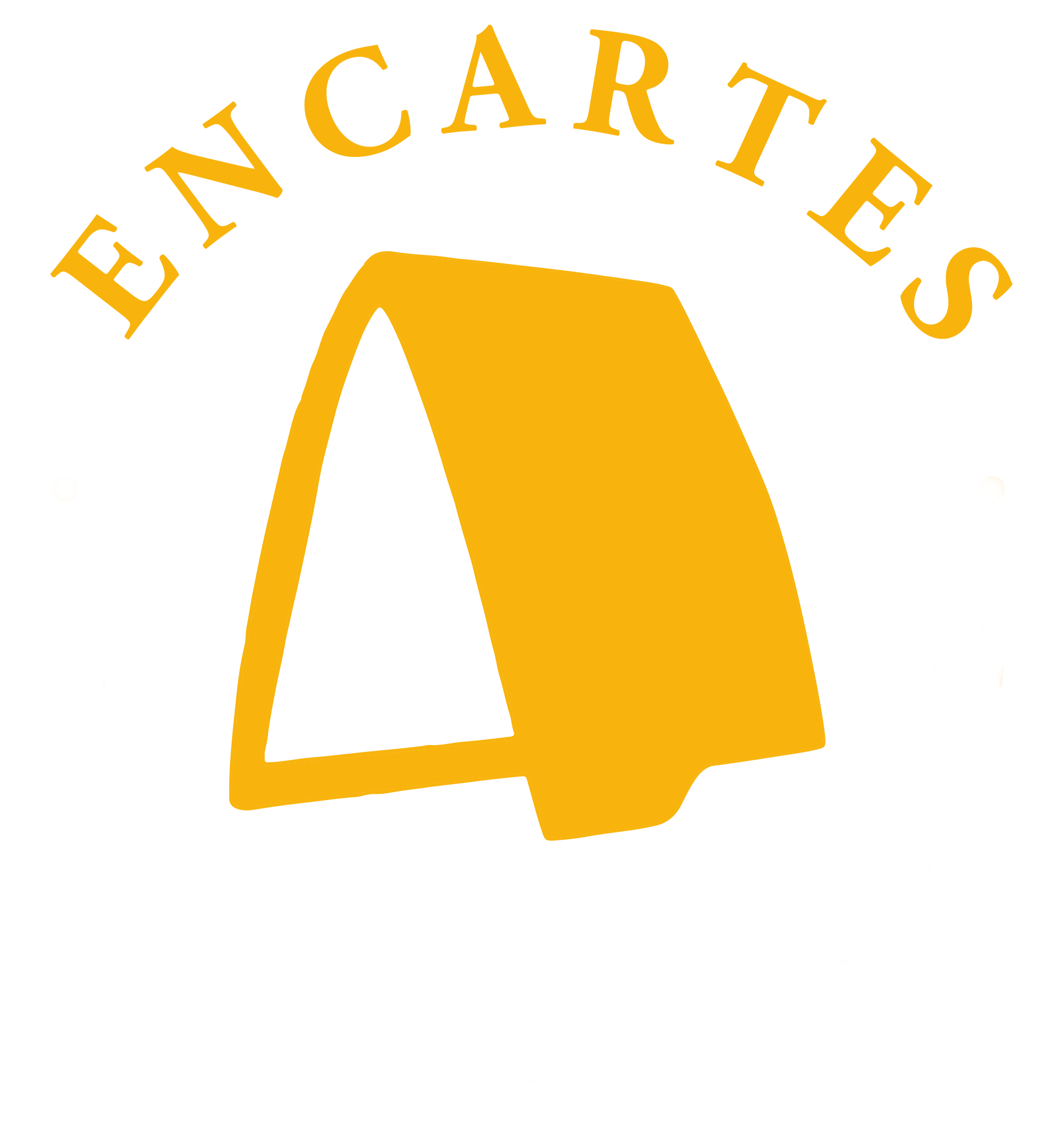home » Fabiola Alcala Anguiano
Fabiola Alcala Anguiano holds a PhD in Audiovisual Communication from Pompeu Fabra University in Barcelona. She is a research professor in the Department of Social Communication Studies at the University of Guadalajara and coordinator of the Guadalajara Film Researchers Network (redic). His main lines of research are film analysis, documentary film and visual studies.
Realidades socioculturales
Vol 6 No 12 (2023)

Biographies in the Cinematic Realism Of Werner Herzog. Discourse for Remembering and Thinking about the Present
- Fabiola Alcala Anguiano
Cinematic realism is fed by reality to reflect on it. It is distinguished from traditional documentaries because it does not claim to be objective. Werner Herzog has made more than 50 realism films, and among them are found a series of portraits of extraordinary characters. This text examines two of these: Meeting Gorbachev and Nomad: In the Footsteps of Bruce Chatwin. Both films seek to tell a biographical story that has implications for the present. This study sets out to reflect on the ways of remembering, on the interview, and on performance in cinematic realism. The study is divided into parts of rhetoric –arguments, arrangement, and figures of speech– to see how these stories are shaped by the German filmmaker.
Temáticas
Vol 1 Issue 2 (2018)

Participation in anthropological cinema: the case of Question Bridge, from video installation to online collaborative interface
- Ariadna Ruiz Almanza
- Carmen Lucia Gómez Sánchez
- Fabiola Alcala Anguiano
Cn the digital era, the emergence of non-linear documentary formats in the online space represents a propitious scenario for the symbiosis between different frontiers: the reconfiguration of the medium and practices, the expansion of the modalities of participation and the conversion of the subjects of representation into authors of the audiovisual text. How can we think of a documentary that transcends the single screen, the linear format, that includes us as co-authors of the work, in a product where participation is central? To analyze this phenomenon, the anthropological documentary Question Bridge (2012-present), a project about identity and masculinity in the African-American community, which puts on the table the possibilities and scope of participation in film, is taken as a case study.






